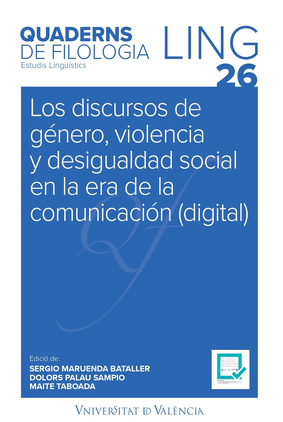#She’sOnly16: Critical discourse analysis of posts in Twitter on a case of collective rape in Rio de Janeiro
DOI:
https://doi.org/10.7203/qf.0.21980Keywords:
violence against women, rape, social networks, critical discourse analysis. Abstract
Abstract
This article investigates discourses on violence against women published on Twitter, and its interface with public policies, based on the theorical-methodological input of Critical Discourse Analysis (CDA). The text analysis focuses on a specific case: the collective rape of a 16-yearold girl in Rio de Janeiro, Brazil, on May 21st, 2016 and the disclosure of images of this crime. The case provoked a huge uproar in Brazil. The crime became known and was reported due to the release on Twitter of a video of the rape, which was recorded by one of the attackers. This article aims at assessing the potential impact of social media on the debate of violence against women and on the responsive action of the Brazilian public authorities.
 Downloads
Downloads
Downloads
Published
How to Cite
-
Abstract1334
-
PDF (Español)833
Issue
Section
License
 Este obra está bajo una licencia de Creative Commons Reconocimiento-NoComercial-SinObraDerivada 4.0 Internacional.
Este obra está bajo una licencia de Creative Commons Reconocimiento-NoComercial-SinObraDerivada 4.0 Internacional.
Authors who publish with this journal agree to the following terms:
- Authors retain copyright and grant the journal right of first publication with the work simultaneously licensed under a Creative Commons Attribution License that allows others to share the work with an acknowledgement of the work's authorship and initial publication in this journal.
- Authors are able to enter into separate, additional contractual arrangements for the non-exclusive distribution of the journal's published version of the work (e.g., post it to an institutional repository or publish it in a book), with an acknowledgement of its initial publication in this journal.
- Authors are permitted and encouraged to post their work online (e.g., in institutional repositories or on their website) prior to and during the submission process, as it can lead to productive exchanges, as well as earlier and greater citation of published work (See The Effect of Open Access).




